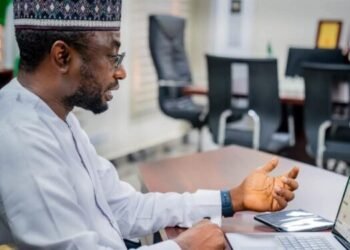
Introduction
In today’s rapidly evolving global landscape, the importance of education cannot be overstated. Education is not only a means to personal growth and development but also a critical factor in a country’s economic and social progress (UNESCO, 2020). In Africa, educational institutions face unique challenges, including limited resources, infrastructure deficits, and demographic pressures (World Bank, 2021). However, embracing digital education has the potential to address many of these issues and propel African education institutions into a brighter future.
The Digital Divide in Africa
Africa is a vast and diverse continent, and while some countries have made significant progress in advancing their educational systems, others continue to grapple with challenges related to accessibility and quality (World Economic Forum, 2020). One of the most pressing issues is the digital divide, which exacerbates existing inequalities in education. The digital divide refers to the gap between those who have access to digital technologies and those who do not (International Telecommunication Union, 2019).
In many African countries, limited access to the internet and computing devices, particularly in rural areas, is a major impediment to delivering quality education (UNICEF, 2021). This lack of access hinders not only students but also educators, as they are unable to access modern teaching materials and resources.
Subscribe To Unlimited Premium Digest.
This is premium content. Subscribe or Login to read the entire article.
Subscribe
Gain access to all our Premium contents.More than 1,000+ Articles, News, & Scholarships.





































































 EduTimes Africa, a product of Education Times Africa, is a magazine publication that aims to lend its support to close the yawning gap in Africa's educational development.
EduTimes Africa, a product of Education Times Africa, is a magazine publication that aims to lend its support to close the yawning gap in Africa's educational development.

